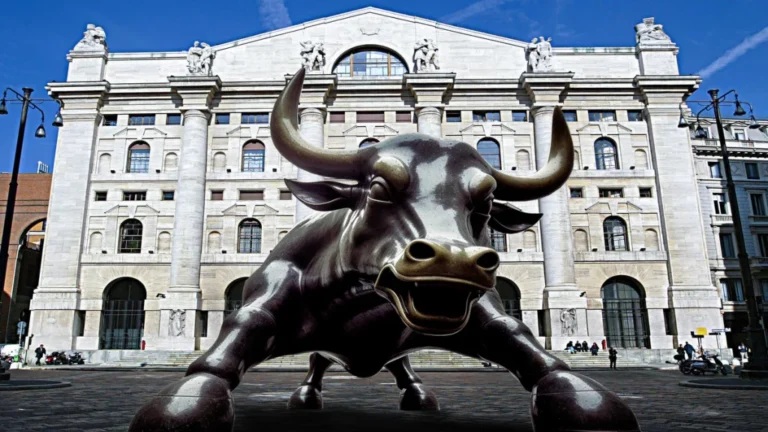![]() #byAspodo | 600+ Words - 3 Minutes Read Time
#byAspodo | 600+ Words - 3 Minutes Read Time
Fears of Recession Loom as Markets Brace for August Volatility
August has a reputation for being one of the most treacherous months in the economic and financial calendar. This year is no exception, with fears of a U.S. recession and the largest one-day drop in the Japanese stock market since 1987 sending shockwaves through global markets. To add to the tension, key policymakers are on summer breaks, leaving their deputies to manage the escalating risks.
A Month of Calm or Catastrophe?
In theory, August should be a quiet month for markets, characterized by low trading volumes and relative calm. When August begins without disruption, it often continues that way. However, history has shown that when crises do erupt during this month, they can have profound and far-reaching consequences.
Henry Allen, a macro strategist at Deutsche Bank, highlights that the late-summer period is historically challenging for markets. He notes that the average spike in the VIX index—a key measure of financial market volatility, commonly referred to as Wall Street’s “Fear Index”—is higher between July and September than in any other quarter.
A History of Late-Summer Financial Crises
The markets are wise to tread cautiously in August. Some years, this month marks the beginning of a crisis; in others, it exposes underlying tensions that lead to turmoil in September—a month notorious for economic instability.
For instance, at the end of July 1990, few anticipated that Saddam Hussein’s Iraq would invade Kuwait in early August. This event triggered a threefold increase in oil prices, exacerbating already high living costs in the West, including the UK, where inflation soared above 10%. Although Kuwait was quickly liberated by a U.S.-led coalition, the spike in oil prices contributed to a recession in the developed world.
Similarly, in August 1998, Russia, under President Boris Yeltsin, devalued its currency and defaulted on its foreign debt after years of economic strain. This led to the collapse of Long-Term Capital Management, a U.S. hedge fund, which had to be bailed out by a consortium of 14 banks in a deal orchestrated by the U.S. Federal Reserve.
The Calm Before the Storm: 2007 and 2008

August 2007 marked the beginning of the global financial crisis, though few realized its significance at the time. The French bank BNP Paribas closed three of its hedge funds due to losses on sub-prime U.S. mortgages, setting off a chain reaction that would eventually lead to the collapse of Northern Rock in the UK the following month.
By August 2008, the global financial system was on the brink of collapse. Although the Bank of England debated raising interest rates to combat rising inflation, the cracks in the system were becoming too large to ignore. Just weeks later, on September 15, Lehman Brothers filed for bankruptcy, triggering a panic that would result in the most significant financial crisis since the Great Depression.
The UK’s August Anxieties
The UK has its own reasons for fearing August. In the past century, the pound has been devalued four times—three of which occurred in September. In each case, the signs of trouble were evident in August. The most notable example is Black Wednesday in September 1992, when the UK was forced to exit the European Exchange Rate Mechanism (ERM), a system that pegged European currencies to the German mark.
Conclusion: A Pattern of Late-Summer Turmoil
While not every August brings financial drama, the frequency with which crises occur during this time of year has set alarm bells ringing in 2024. As Holger Schmieding, chief economist at Berenberg Bank, observes, “It is almost a pattern. Not for the first time, equity markets have fallen sharply just before the end of my summer holidays.”









